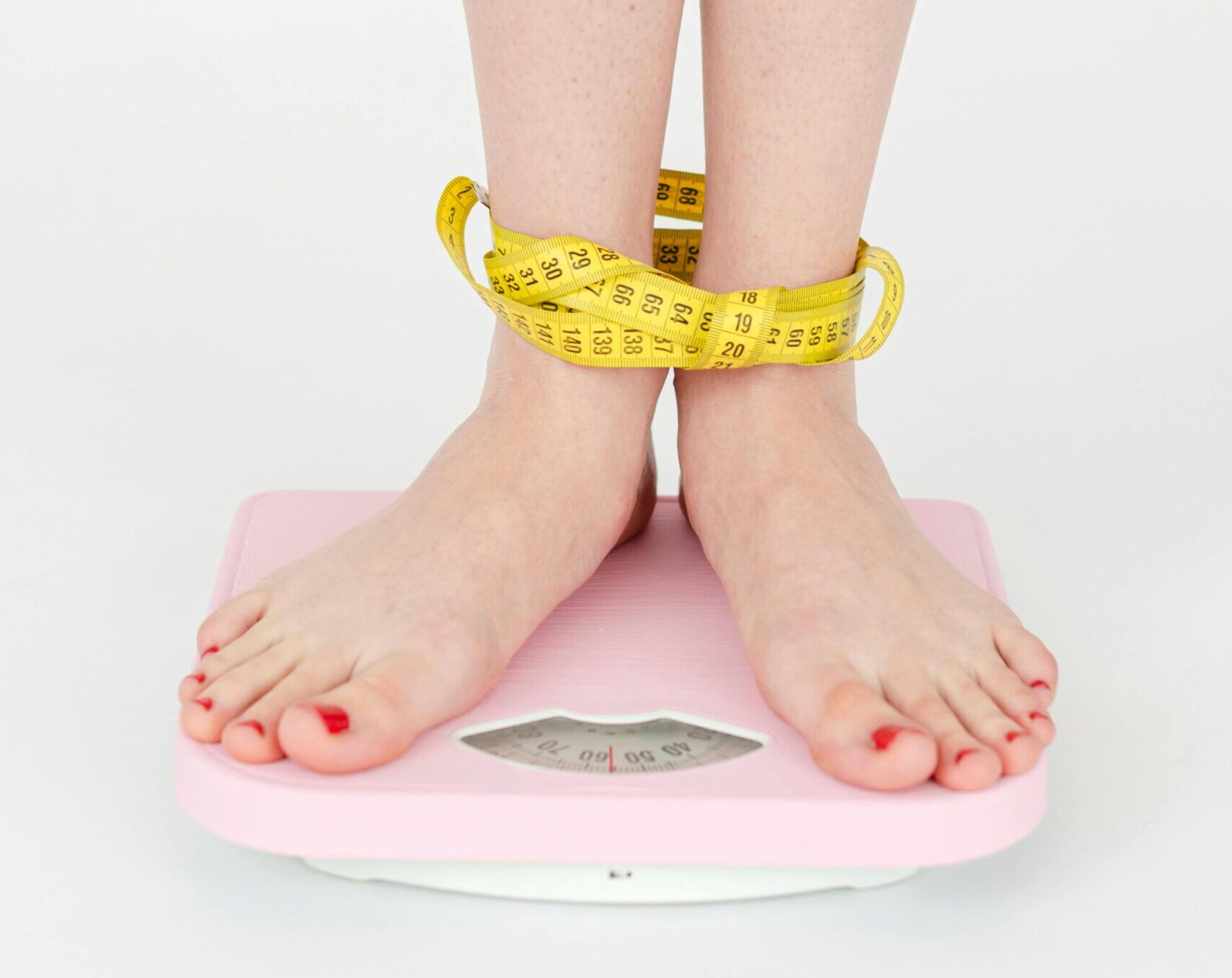Although sleep is the most essential aspect and one of those crucial things that you ignore, hate being awake at night during weight loss. For those wanting to maintain a healthy weight and/or the users trying to lose weight, diet is inarguably the most important followed by exercise with sleep being that third so-important-for-tying-it-all-power pillar. This article in particular will investigate the powerful effects that sleep has on weight loss, and metabolism plus eight ways you can use a good night’s doze for overall health.
Sleep is Important for Weight Loss
If you’re working on weight loss, for example, all your efforts could be centered around caloric restriction and exercise. But it turns out, sleep has a major impact on your appetite and how much energy you have — as well as the way in which your body stores fat.
Why Sleep is Critical to Weight Loss
Hormonal Balance: Sleep assists in keeping these key hormone levels balanced (ghrelin and leptin) which affect impulses of hunger and fullness. The hunger hormone ghrelin goes up when you don’t get enough sleep, and the satiety (fullness) hormone leptin — which allows people to bake all day long without feeling deprived at lunchtime — gets squashed. Meanwhile, leptin (the hormone that signals fullness), decreases, causing you to feel even hungrier after meals.
Making You Less Energetic: During your night of tossing and turning, it is not just sleep you are losing, but also energy levels. You’re more likely to skip workouts when you are tired, choose convenience foods, and snack on unhealthy high-calorie options just because something has meant a lot of energy.
Hormonal Balance: When you sleep, your body also balances the hormonal regulation that helps in maintaining healthy functioning related to hormones such as insulin sensitivity (how sensitive your cells are to insulin), blood sugar levels, and other markers. A bad sleep can also lead to insulin resistance which makes it more difficult for your body to use fat and tempt you toward weight gain or even obesity.
The Role of Sleep in Your Metabolism

Metabolism is your body’s process of turning food into energy. The speed of metabolism is directly related to the number of calories burned while resting, which means it can contribute significantly to the weight loss process.
Effects of Sleep on Metabolism on Change the Way You Meal Prep:
Resting Metabolic Rate (RMR): The number of calories your body burns at rest to perform its basic functions like breathing, circulation, and cell repair. Not getting enough sleep can reduce your resting metabolic rate (RMR) which means that you burn fewer calories at rest, making it more difficult for weight loss.
Thermogenesis: This is a process of heat production to burn calories. Sleep fine tunes this process and uses those calories effectively, as needed. When you do not get enough of these Zzzs, it can throw your thermogenesis off balance and decrease calorie-burning activity while increasing fat storage.
Muscle Mass: Sleep is the time when your muscle recover and grow. And because muscle tissue burns more calories than fat, boosting (and maintaining) your lean body mass is a good way to keep your metabolism in check. That makes it sound like your metabolism just gives up the minute you stop sleeping, which is apparently true: Lack of sleep impairs muscle repair and can lead to muscle loss (so much for those gains) with a side of slower metabolism.
Again: The Science of Sleep and Weight Loss
Research has shown that sleep is very important in weight loss. One example published in the Annals of Internal Medicine showed that even when two groups consumed exactly the same calorie-restricted diet, while one is only getting 5.7 hours of sleep per night, they lost at least (55% less body fat and more muscle mass, weight loss) than another group was sleeping about(8 and a half hours). This demonstrates how crucial sleep is to stave off muscle catabolism during fat loss.
Participants who slept for just 4 hours also showed an increase in ghrelin levels and a decrease in leptin, which could help explain why weight gain is common after minimal sleep. — A study at the University of Chicago. This hormonal imbalance led them to eat more calories, especially from high-carbohydrate calorie foods.
Prioritize Sleep in a Comprehensive Treatment Plan: These studies make clear the importance of managing sleep as part of an overall approach to weight loss.
How to Improve Sleep Quality to Promote Weight Loss
So, with all that in mind for the sleep-weight loss and metabolism connection, here are some real-world hacks to better your quality of sleep which will only serve you when it comes to weight-loss.
Get on a Regular Sleep Schedule: Go to sleep and wake up at the same time each day (yes, even weekends). Zzz … Your body’s internal clock is related to your degree of sleep quality.
Establish a Soothing Sleep Time Ritual: Participate in activities like reading, having a warm bath, or doing meditation prior to going over so your body recognizes when it is time to rest. It helps signal to your body that it is time to prepare for rest and sleep.
Avoid Screens: The blue light that is given off by phones, tablets, and computers can mess with melatonin production (the sleep hormone). Avoid screens at least one hour before going to bed.
Control Your Consumption: Avoid food or drink shortly before bedtime; heavy meals, caffeine, and alcohol can all impact sleep. Eat a lighter snack if you are still hungry before bed.
Make Sure Your Sleep Environment is Ideal: Cool, dark, and quiet. Blackout curtains, earplugs, or a white noise machine can help.

Maintain an Exclusive Workout: Regular physical activity can help you fall asleep faster, and get more restful sleep. Avoid exercising right before bedtime, as it may keep you up, though engaging in vigorous physical activity earlier in the evening can actually be beneficial.
Deal with Stress: Increased stress levels can disrupt sleep patterns. Before you go to bed, use a stress-reducing technique like deep breathing exercises or yoga, and train yourself on how to visualize your thoughts on paper using journal entries.
In Short, Get Better Rest for a Happier You
Finally, sleep is a cornerstone of any effective weight loss plan. So we know sleeping enough each night will balance out your hunger, raise up that metabolism, and you feel better. As we probably are aware, weight loss isn’t just what you eat and the amount you exercise—to function appropriately; your body also needs to rest.
If your diet plan is healthy and exercise routine high-quality even then you are unable to lose weight, time to scrutinize your sleep pattern. Focusing on ensuring you get enough sleep will increase your chances of success with losing weight and improving your health.


